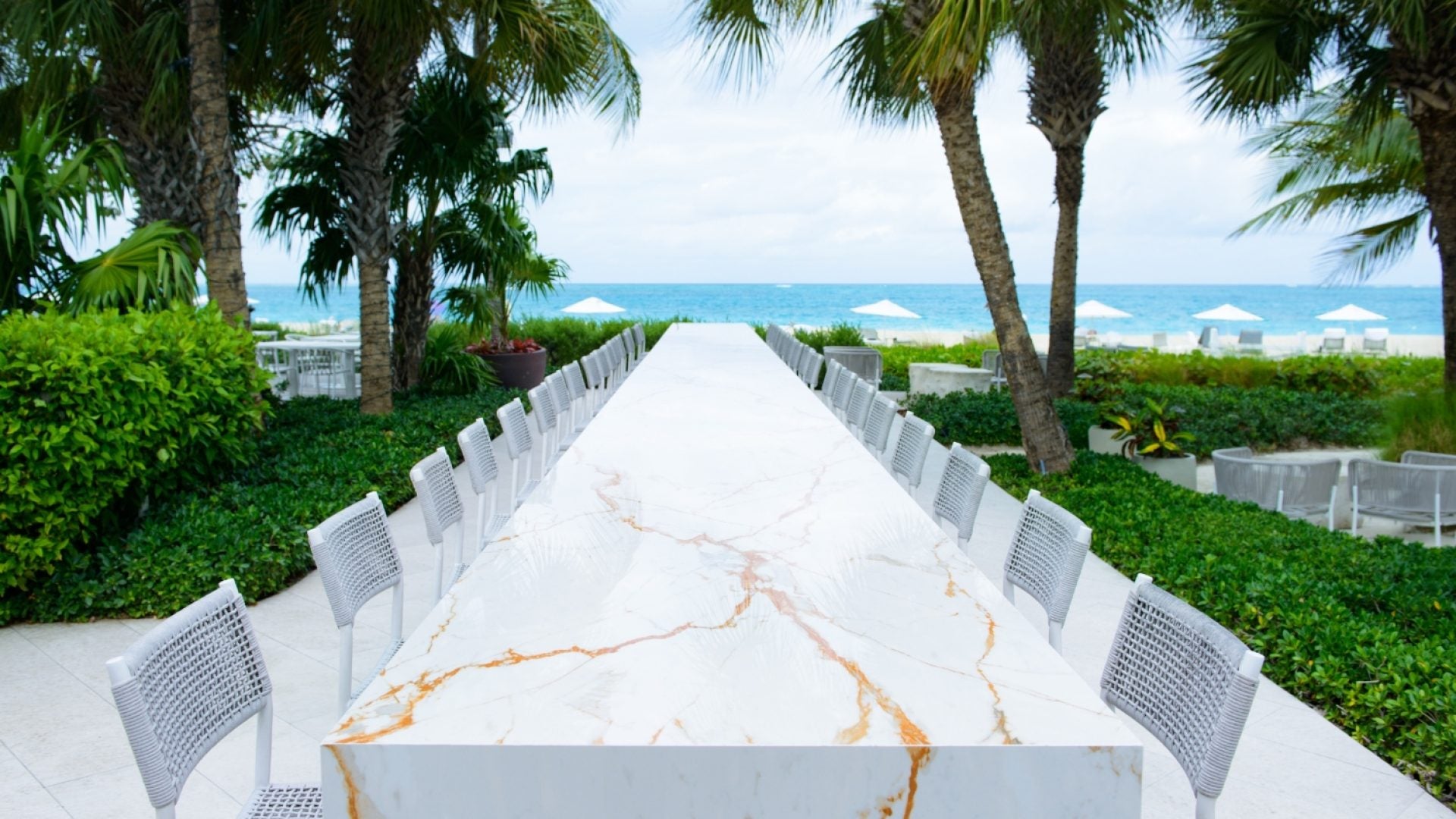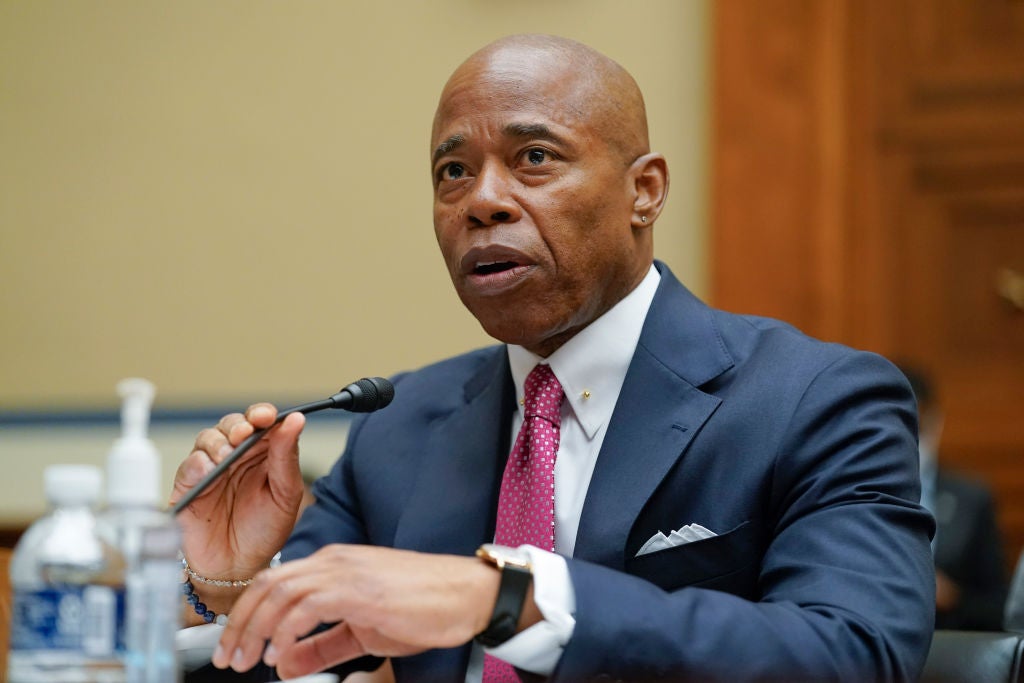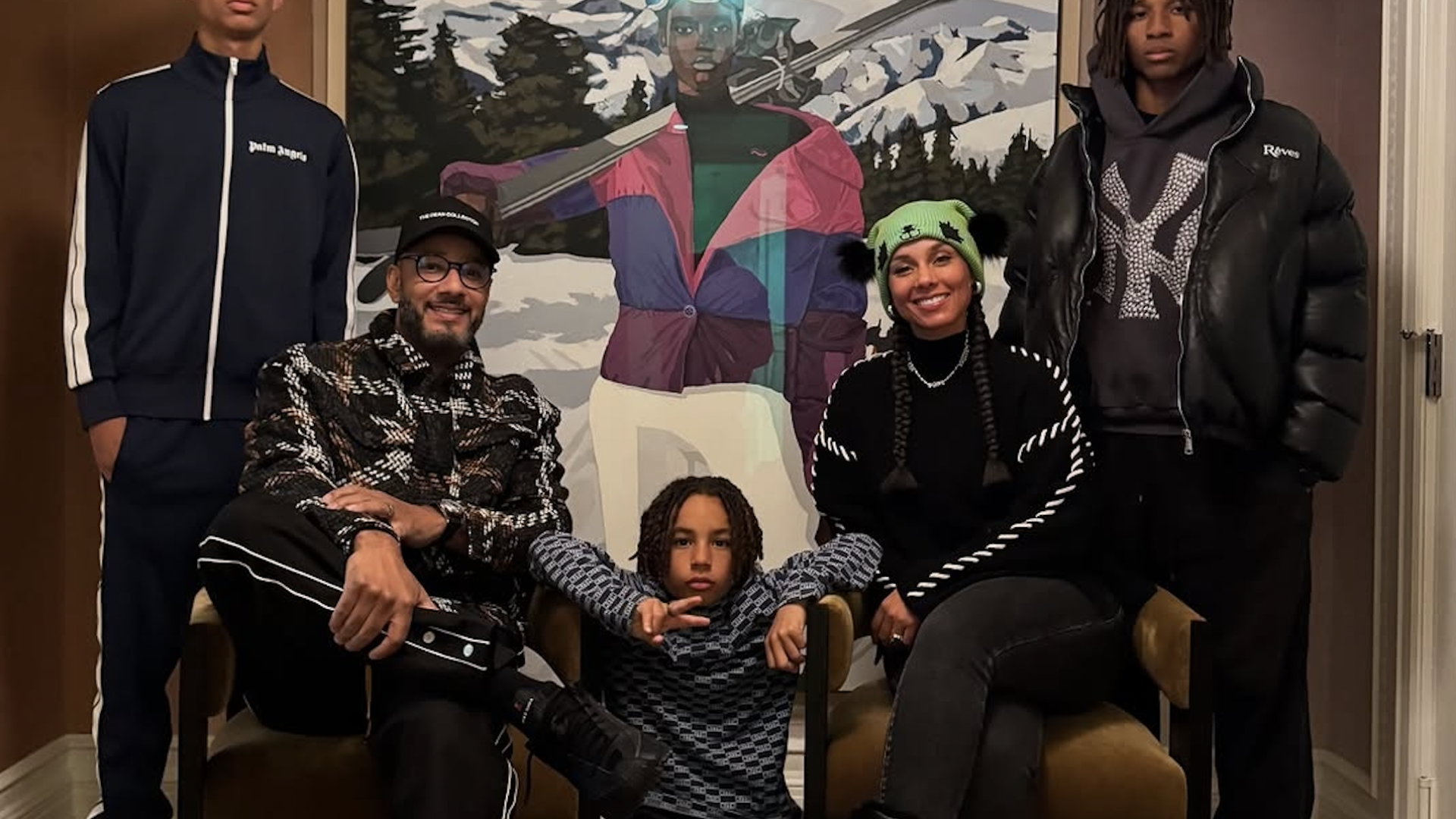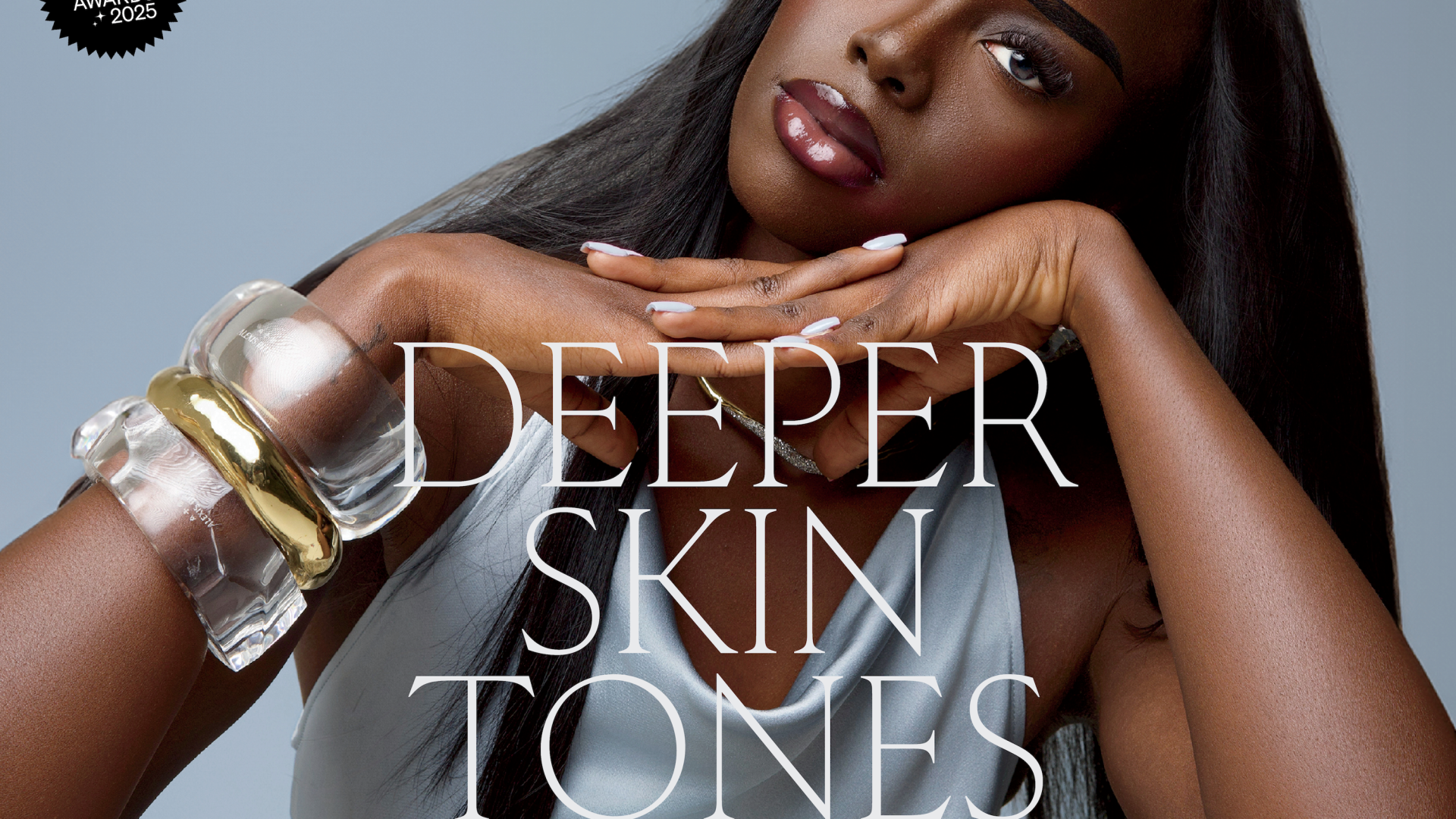Flying into a small airport in New Hampshire’s Lakes Region, Obama has attracted a crowd, as usual. Today, in tiny Laconia, it is only a couple hundred, but it is a Monday afternoon. And, because first impressions count and the Granite State’s primary is the nation’s first, crowds-regardless of their size-matter in make-or-break New Hampshire.
Bounding through the throng with a lanky ease, the junior senator from Illinois smiles broadly, kisses babies and basks in the praise of adoring strangers. “Everywhere we go we’ve been seeing these terrific crowds,” he exults to the lunchtime onlookers, pushing his voice past the limitations of a mild head cold. “Twenty thousand people show up in Atlanta. Twenty thousand people in Austin, Texas. We had 15,000 in Oakland.
“People have asked me what accounts for all this,” he continues. “I would love to take all the credit myself and say it’s because I’m just so terrific. But I have to say it’s not about me. The reason people are coming out is they are burning with a want and a desire for change.”
On Race in This Country:
“I don’t believe it is possible to transcend race in this country. Race is a factor in this society. The legacy of Jim Crow and slavery has not gone away. It is not an accident that African-Americans experience high crime rates, are poor, and have less wealth. It is a direct result of our racial history.”
On how being the first Black president would change the racial dynamics in this country:
But the most dramatic chapter may still be unwritten. “As president, obviously the day I am inaugurated, the racial dynamics in this country will change to some degree. If you’ve got Michelle as first lady, and Malia and Sasha running around on the South Lawn, that changes how America looks at itself. It changes how White children think about Black children, and it changes how Black children think about Black children.”
On whether he “really” believes America is ready for a Black president”
“I think that racial attitudes have changed sufficiently in this country, that people are willing to vote for me for president,” he responds, “if they think I can help them on health care, on education, on the issues that are important in their lives.” …”Now, are there going to be people who don’t vote for me because I am Black? Absolutely, but I do not believe those are people who would have voted for me, given my political philosophy, even if I were White.”
On the possibility he might lose:
“I’m not afraid to lose,” he tells me. “When Michelle and I talked about this, our attitude was, it’s only worth it if we get out of this whole on the other end; if we haven’t given up who we are; if we’re pushing the envelope a little.”
Photo Credit: Matt Jones





